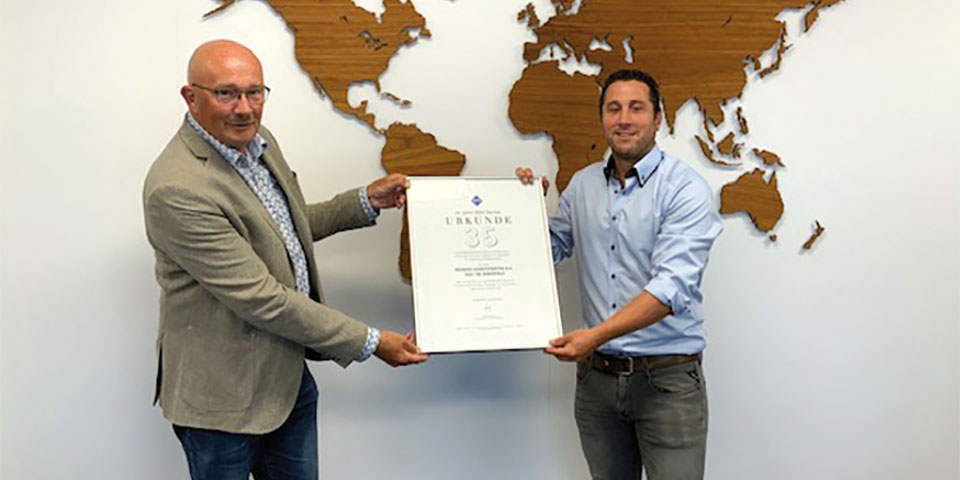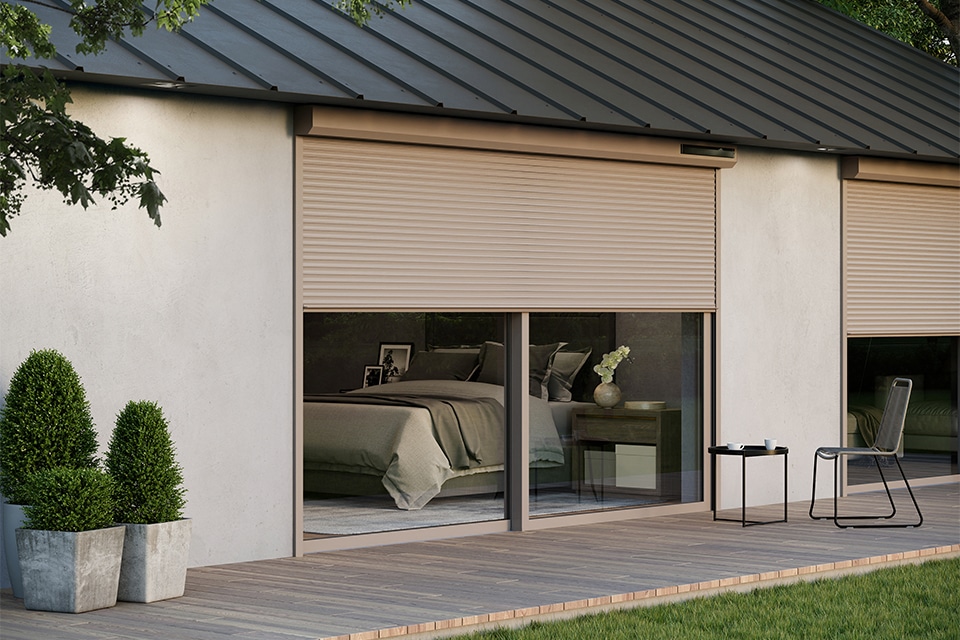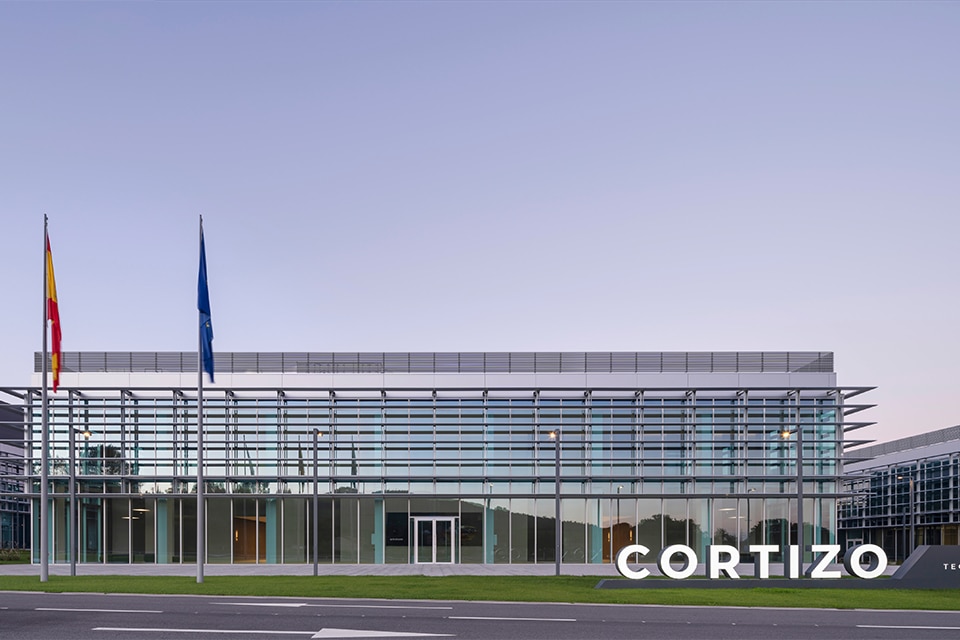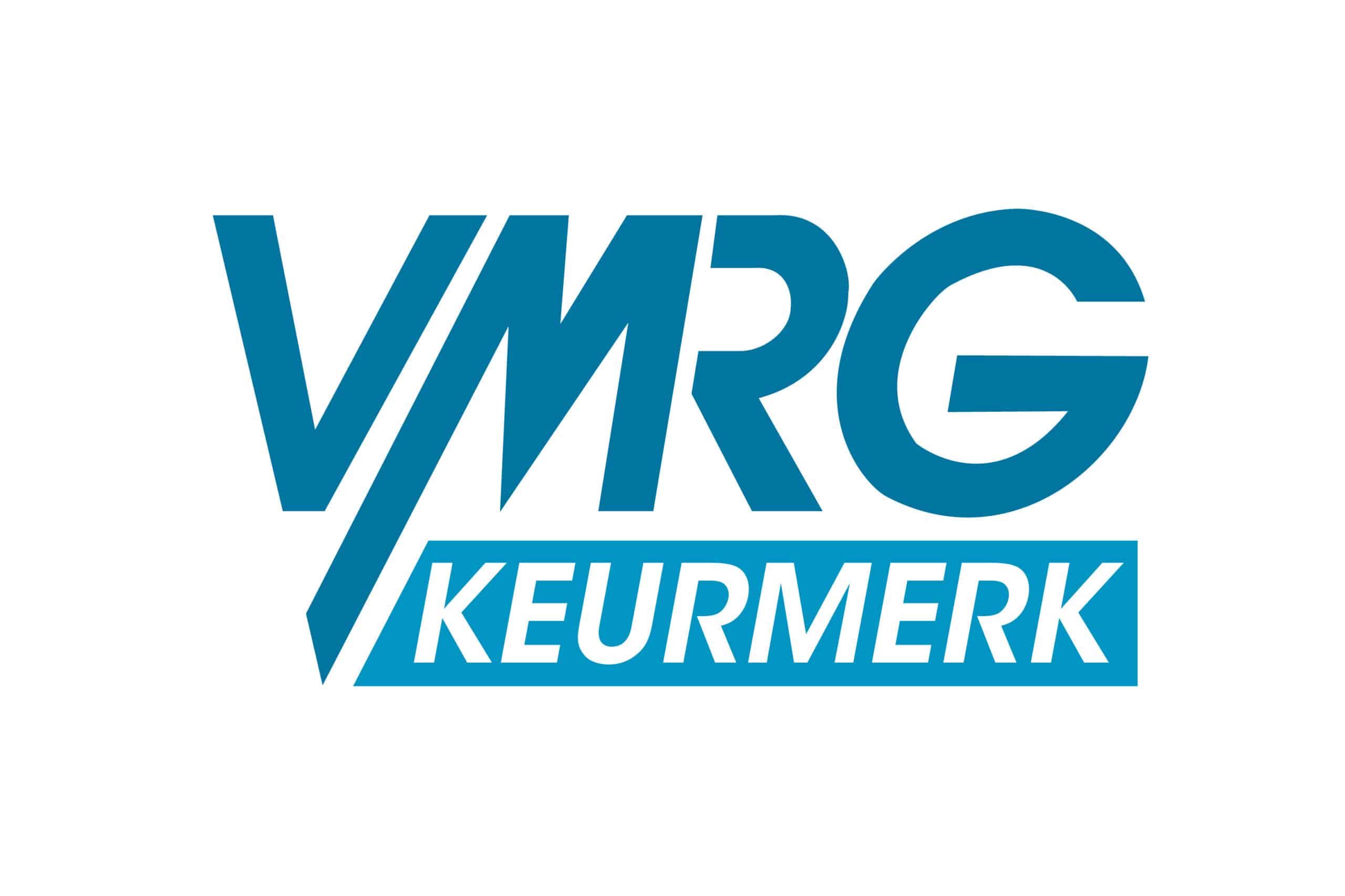
Weneko has been a partner of VEKA for 35 years
Recently, VEKA and Weneko celebrated their 35-year partnership. "After 35 years, both family businesses are still working from the same values," says Luc Nederlof. He explains how these values provide a solid foundation for the future.
Weneko's history begins with Westerveld and Nederlof, the wooden window frame factory founded in 1942. In the early 1980s, the then owners of the carpentry factory saw that plastic window frames were increasingly being used in projects. Therefore, they established their own factory for plastic window frames in 1984: Weneko plastics.
Choice of VEKA
The founders, two Nederlof brothers, initially had no knowledge of plastics. "So they brought in someone from the plastics world: Gerrit Wildenbeest. In consultation with him, it was decided to join forces with VEKA. Even then, VEKA's quality and reliability were well regarded. Moreover, it was a family business." Why was cooperation with a family business preferable? "Family businesses focus on values such as quality, continuity, reliability and local involvement. Because Weneko was looking for a long-term partnership, it would be a better match with VEKA than with a publicly traded company or a company with outside shareholders." They got that right at the time, Nederlof observes. "Because we think alike as partners, we still work together. Of course there are occasional differences of opinion, that has to be possible. But it is admirable that VEKA, as a large international company, has upheld the original standards and values for more than 50 years."
Steady growth
"The period with Wildenbeest as co-owner was very fruitful," Nederlof continued. "When he retired after 16 years, Weneko had enough people with expertise and experience in house." The move in 2000 to the current production location with showroom in Dinxperlo marked a stepping stone to further growth. "It was also important to clarify the future management of the sister companies Westerveld and Nederlof and Weneko in 2005. The third generation of Nederlofs arrived in 2007: Ralph, Mark and me. My colleague Martin Lieftink and I are jointly responsible for the leadership of Weneko."
Weneko continued to grow steadily, even during the crisis. "Since 2007, sales have almost tripled. In 2015 and 2018, we scaled up production. Every week we produce 600 plastic window frames. Later this year, the production hall will be expanded once more, this time to create more storage space for products and materials. The production hall will then cover 7,000 square meters."
Quality employees crucial
The great numbers are mainly due to the quality of the employees, Nederlof emphasizes. "We have good people and there is little turnover. This is also because we are good to people. When we run well, people get a bonus." Personal commitment is high. "At lunchtime we all sit together in one canteen. When we have drinks, 98% of the people come: just because they like it." Word of mouth ensures that new hires often come to offer themselves. In addition to 40 of its own employees, Weneko has about 30 mechanics on the road. "We hire them; they are reliable professionals with whom we have been working for a long time."

Growth market
Weneko operates throughout the Netherlands. Most projects involve homes and apartments; nonresidential construction projects occur occasionally. "Many clients are among the top 80 construction companies in the Netherlands; in addition, we work for local contractors," he says. Some 60% of the projects are new construction and some 40% are renovations. "High- and low-rise buildings, highly insulated and zero-to-the-meter: everything comes along." Private clients Weneko does not serve directly. "We still do that exclusively through trade or dealers." There is actually no longer any resistance to plastic window frames among contractors and clients. "Plastic is increasingly in demand. It remains a growth market." How does Weneko operate in this market? "Growth opportunities we obviously want to seize, but there is a limitation to that. Because we value quality, we don't want to have more than 50 employees right now. We prefer to remain medium-sized or medium-small, whatever you want to call it." Why? "There is a limit to how many people you can know personally as management and how often you can talk to them. We want to remain a flat organization, but above 50 employees we would have to add a layer."
Prefab has the future
Westerveld and Nederlof in Breedenbroek, which makes wooden window frames and wooden cavity walls, and Weneko have been growing closer in recent years. "In terms of purchasing, administration and work preparation, but also in terms of sales. For example, the demand for our wooden interior cavity walls in which the plastic frames are already assembled continues to increase." This form of prefab is useful for renovation projects in which entire facades are being replaced and also useful for new construction. "Prefab has the future, because it is becoming increasingly difficult to get enough assembly hands on the construction site." Another practical form of prefab is Weneko's combi set frame for new construction. "In this wooden set frame, the plastic window frame with glazing is mounted. Provided with a protective film, it is delivered to the construction site. The frame is installed glass-tight in one go and the contractor can get on with the planning. Contractors who have tried it once swear by it!"
Outlook
How does Nederlof see the future? "There is a shortage of new-build homes. There are also a huge number of homes in the Netherlands that need to be renovated, made energy neutral or otherwise energetically improved. If that demand is released in the next 10 years, we are in a sector that will definitely be needed." Sobriety: another characteristic of family businesses.




